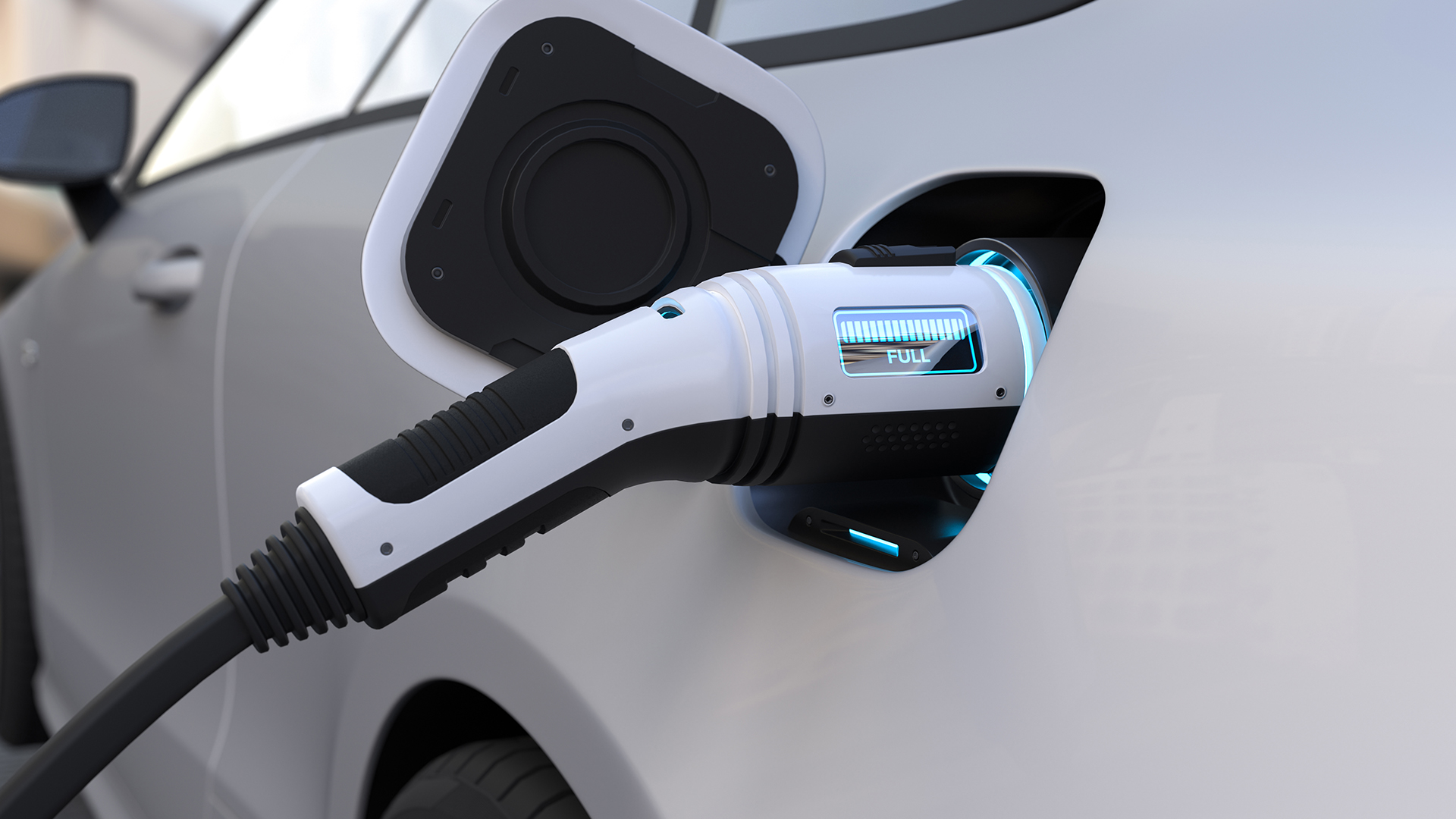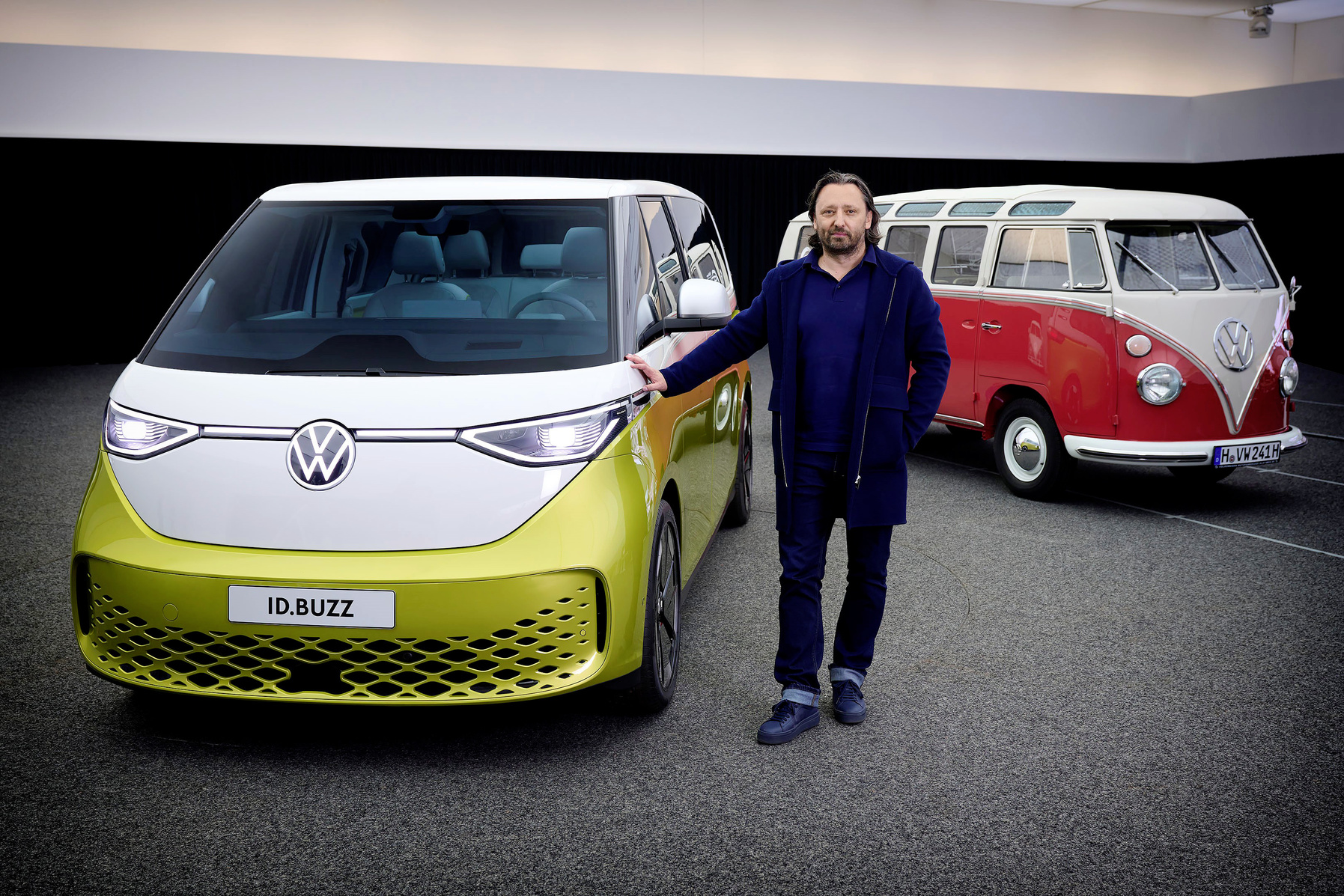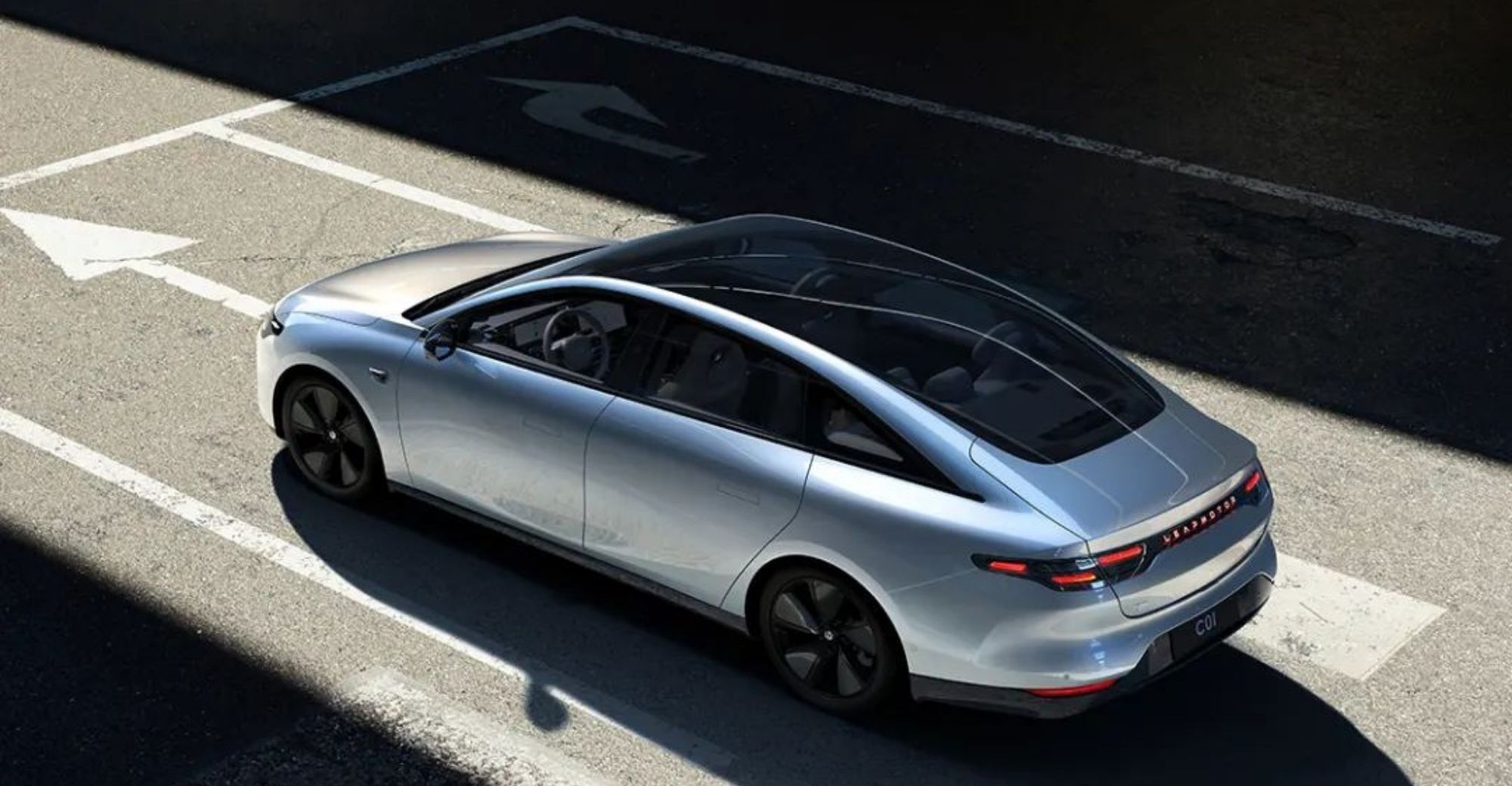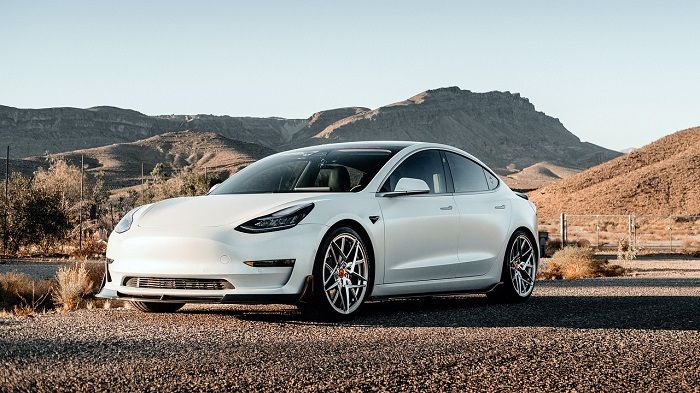The New Zealand government will help low-income families to own electric cars. Their gasoline or diesel engine cars will be replaced with hybrid cars or electric cars to reduce emissions.
The government plans to spend NZ$569 million on a pilot program including subsidies for businesses to switch to green buses by 2035. In fact, Zealand plans to collect roadside food waste from households by the end of the decade.
New Zealand’s latest green programs will use the NZ$4.5 billion climate emergency response fund (CERF). The funds come from the main greenhouse emitters, not from household taxes.
“This is an important day in our transition to a low-emissions future,” said New Zealand Prime Minister Jacinda Ardern, Monday 16 May 2022.
The New Zealand Government program is a fulfillment of the agreement based on the 2016 Paris Agreement on climate change and New Zealand’s commitment to achieve zero carbon emissions by 2050.
PM Ardern was scheduled to officially launch the program but was postponed due to exposure to Covid-19 at the weekend.
He said every community and sector has a role to contribute to reducing dependence on fossil fuels (BBM), as well as helping people from fluctuations in price increases.
The government has set a target of reducing the total kilometers traveled by cars by 20 percent over the next 13 years. The trick is to provide better transportation options in urban areas and encourage cyclists and pedestrians.
Criticism of the electric car assistance program, among others, came from the leader of the New Zealand ACT Party, David Seymour.
“Some of the policies announced, such as the Car Allowance Rebate System, have proven unreasonable and have been tried and failed overseas,” said David Seymour.
The New Zealand government will help low-income families to own electric cars. Their gasoline or diesel engine cars will be replaced with hybrid cars or electric cars to reduce emissions.
The government plans to spend NZ$569 million on a pilot program including subsidies for businesses to switch to green buses by 2035. In fact, Zealand plans to collect roadside food waste from households by the end of the decade.
New Zealand’s latest green programs will use the NZ$4.5 billion climate emergency response fund (CERF). The funds come from the main greenhouse emitters, not from household taxes.
“This is an important day in our transition to a low-emissions future,” said New Zealand Prime Minister Jacinda Ardern, Monday 16 May 2022.
The New Zealand Government program is a fulfillment of the agreement based on the 2016 Paris Agreement on climate change and New Zealand’s commitment to achieve zero carbon emissions by 2050.
PM Ardern was scheduled to officially launch the program but was postponed due to exposure to Covid-19 at the weekend.
He said every community and sector has a role to contribute to reducing dependence on fossil fuels (BBM), as well as helping people from fluctuations in price increases.
The government has set a target of reducing the total kilometers traveled by cars by 20 percent over the next 13 years. The trick is to provide better transportation options in urban areas and encourage cyclists and pedestrians.
Criticism of the electric car assistance program, among others, came from the leader of the New Zealand ACT Party, David Seymour.
“Some of the policies announced, such as the Car Allowance Rebate System, have proven unreasonable and have been tried and failed overseas,” said David Seymour.







